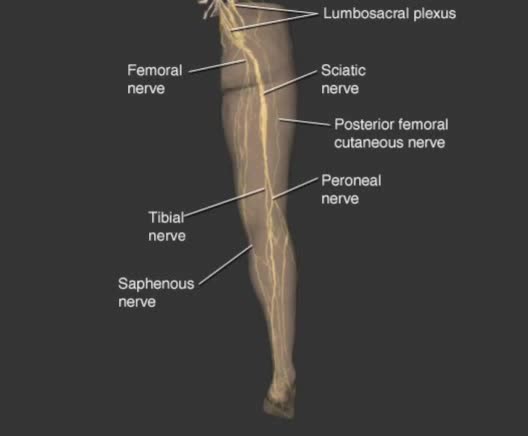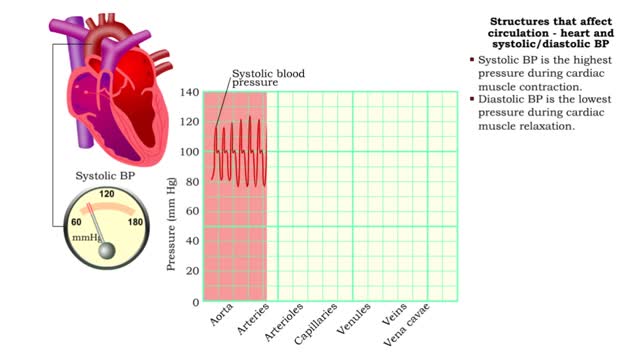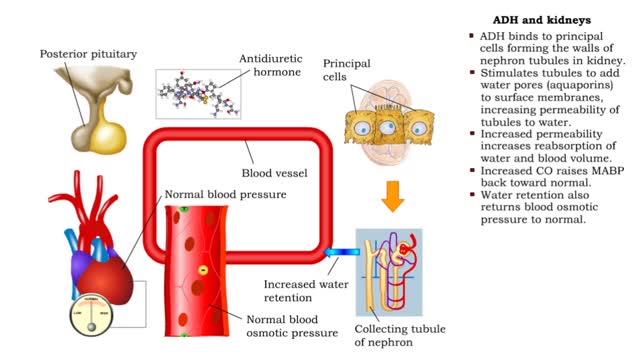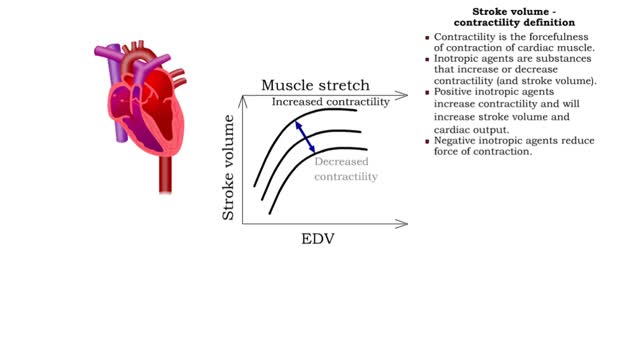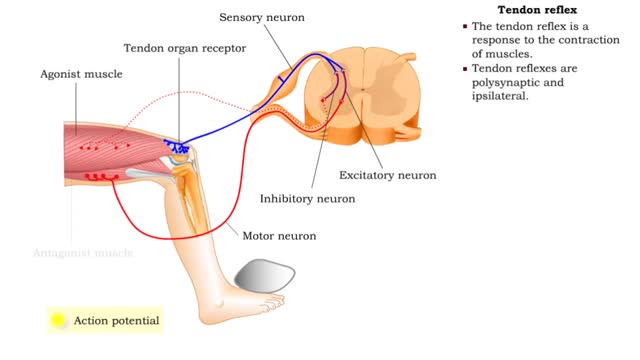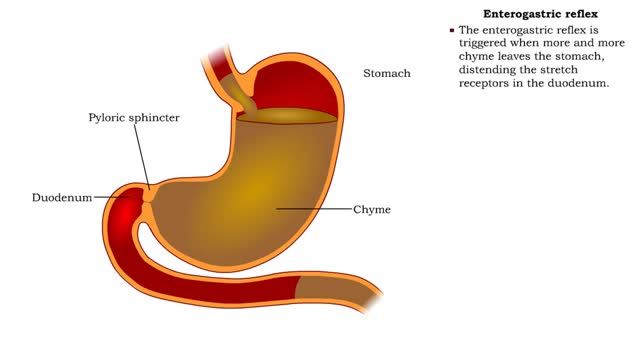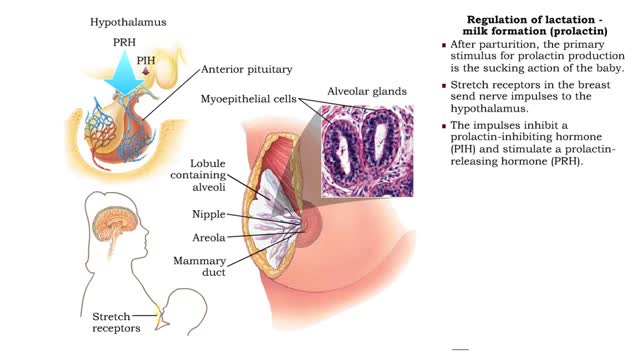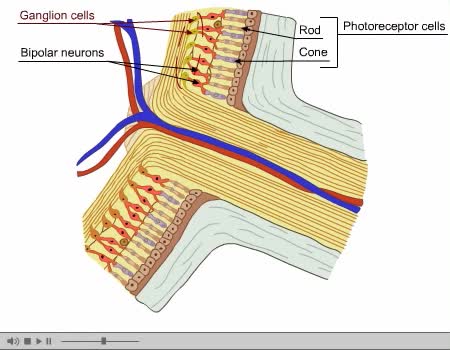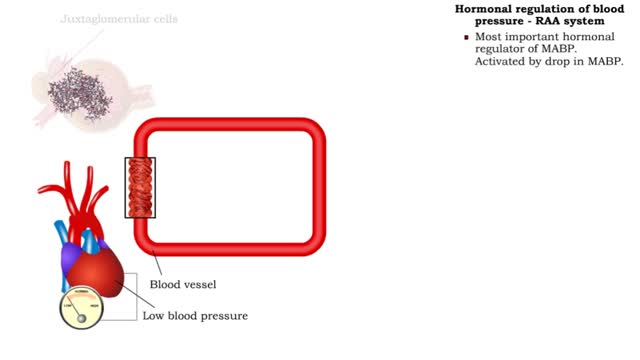Search Results
Results for: 'afferent arterioles stretch'
By: Administrator, Views: 374
Used to describe neuronal processes conducting impulses from one location to another. Nerve fibers: - Nerve fibers of the PNS are wrapped by protective membranes called sheaths. - Myelinated fibers have an inner sheath of myelin, a thick fatty substance, and an outer sheath or neurilemma compo...
Structures that affect circulation - heart and systolic/diastolic BP
By: HWC, Views: 10581
• Heart generates blood pressure. • Arterioles produce resistance thereby regulating blood flow to tissues. • Veins store blood; kidneys regulate blood volume; both affect venous return and cardiac output. ■ Contractions of the ventricles determine blood pressure, which drives th...
ADH and the arterioles, kidneys, sweat glands and the Atrial natriuretic peptide (ANP)
By: HWC, Views: 10701
• ADH is also known as vasopressin. • Produced by hypothalmus and secreted by neurosecretory cells in posterior pituitary gland. • Responds to high blood osmotic pressure representing low amounts of water in the blood. • Binds to smooth muscle cells in walls of arterioles, stimulate...
By: HWC, Views: 10579
Preload definition • Preload is the degree of stretch of cardiac muscles cells prior to contraction. • The amount of stretch is related to the end-diastolic volume[EDV]. • Increased return blood flow from the veins increases end-diastolic volume. Cardiac muscle sarcomeres stretch and ...
Stretch reflex & Tendon reflex
By: HWC, Views: 10420
• The stretch reflex is a response to the stretching of muscles. It is monosynaptic and ipsilateral. • Stretching stimulates receptors in the muscle spindle of the agonist (stretched) muscle. • One or more action potentials are generated by the receptors and propagate along the axon of ...
Stomach peristalsis & Enterogastric reflex
By: HWC, Views: 10027
• Food enters, distending the stomach. • Stretch receptors activate enteric reflexes that promote peristaltic movements. • These movements, called mixing waves, begin to mix the food with stomach secretions. • Mixing waves force the digesting food (chyme) toward and through the pylo...
By: HWC, Views: 11362
Regulation of lactation - breast preparation • Pregnancy hormones trigger breast changes to prepare for feeding the new baby. • The amount of the hormone prolactin, essential to the initiation of lactation, increases steadily throughout pregnancy. • However, high levels of both estroge...
Optic Nerve and Optic Disk Animation (Part 2 of 2)
By: Administrator, Views: 13644
The optic disc or optic nerve head is the point of exit for ganglion cell axons leaving the eye. Because there are no rods or cones overlying the optic disc, it corresponds to a small blind spot in each eye. The ganglion cell axons form the optic nerve after they leave the eye. The optic disc ...
Hormonal regulation of blood pressure - RAA system
By: HWC, Views: 11115
■ Long-term regulation of MABP is under hormonal control. • Hormones that affect blood pressure and volume: the renin-angiotensin-aldosterone (RAA) system, antidiuretic hormone (ADM), and atrial natriuretic peptide (ANP). ■ Most important hormonal regulator of MABP. Activated by drop in...
Advertisement



